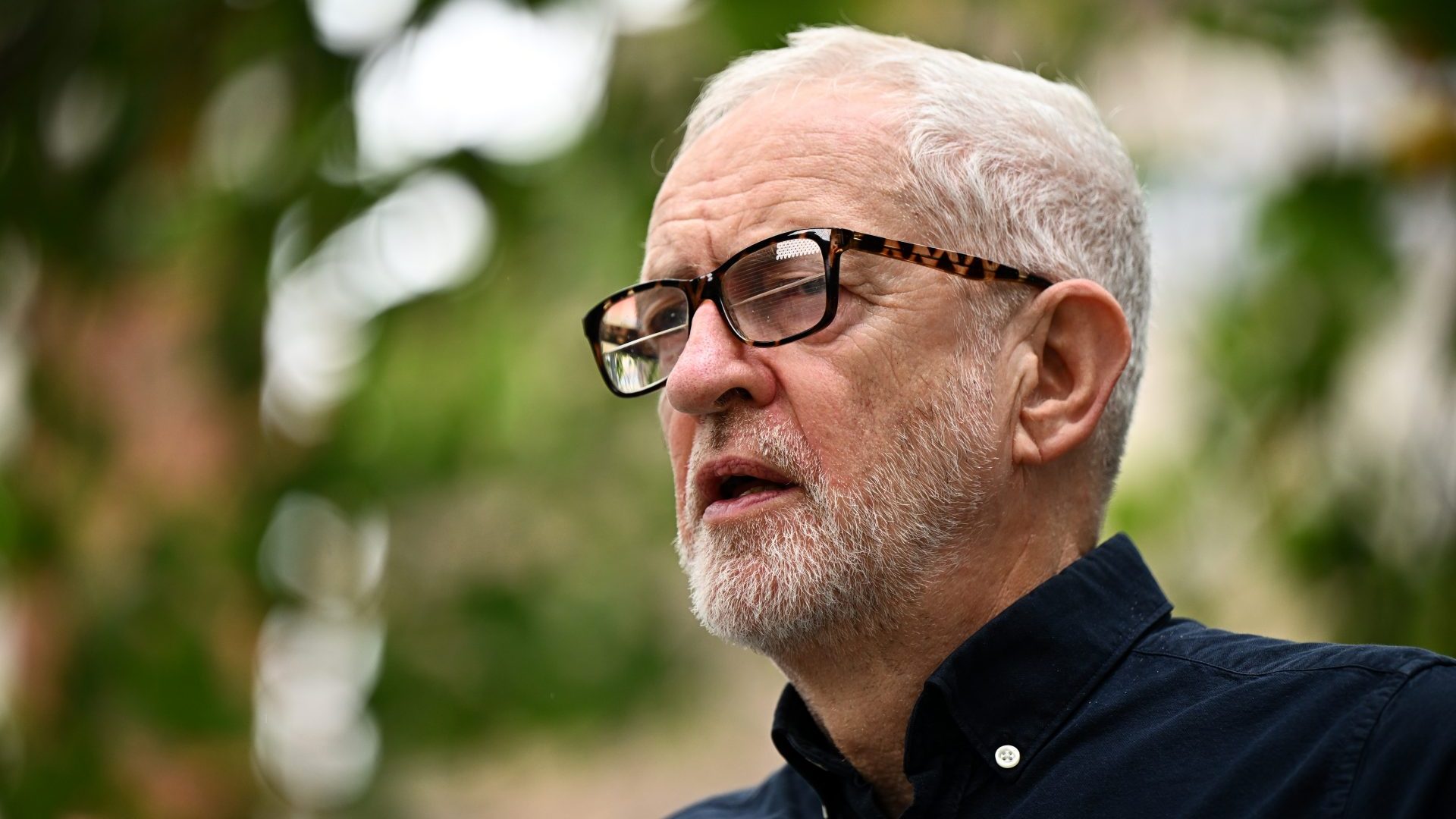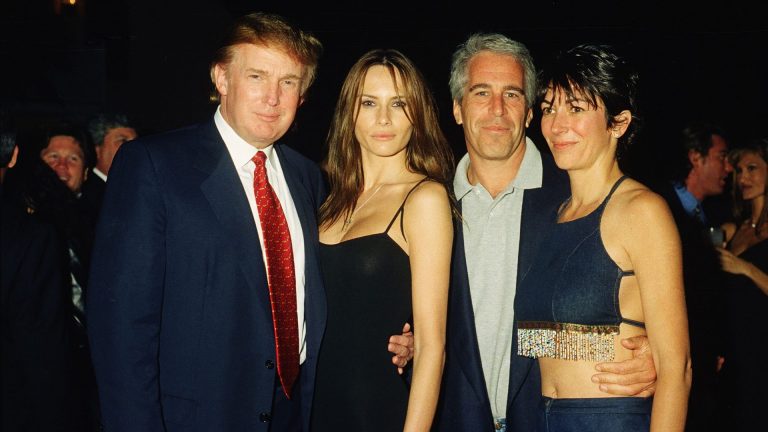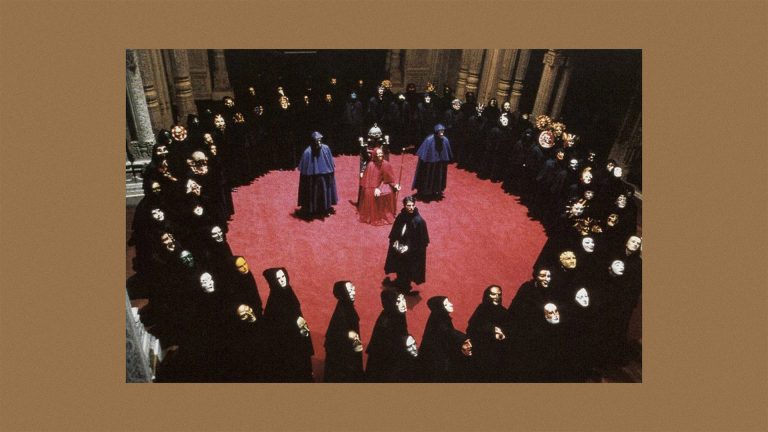At a Your Party rally in Islington this week, Jeremy Corbyn stood beneath the arches of a converted church and declared his new movement, boasting 50,000 members, “the biggest socialist party in years”. But if the event was intended as a celebration of a new type of political party, it felt a bit flat.
The speeches were earnest, the applause polite, and when the historic anthem of resistance, Bella Ciao, played through the speakers, barely anyone sang along. The average age of attendees skewed over 50, many of whom had known Jeremy for almost as long. The general atmosphere was more reunion than revolution.
The evening laid bare the contradictions at the heart of Your Party, a movement that speaks of radical change but often looks back rather than forward. In contrast, Zarah Sultana’s sold-out rally in Brixton in September felt like a block party. And Zack Polanski’s Greens, now with more than 150,000 members, are drawing in the restless, climate-anxious youth who once sang Corbyn’s name.
Is Corbynism, once a synonym for renewal, now perhaps too cautious to capture the imagination of a new generation of socialists?
During the rally on November 3, Corbyn spoke, as usual, about solidarity, austerity, Gaza, and inequality. His words were familiar and sincere, but the buzz that once electrified the left had cooled into muted reverence.
His supporters, who used to belt out “Oh, Jeremy Corbyn” any chance they got, now sat in respectful silence as Corbyn regaled them with anecdotes about long past battles won in Islington.
When almost two hours into the event, we were still yet to hear from anyone unassociated with Corbyn, a frustrated voice from the back called out for questions to be taken from the floor. Quiet panic washed over the faces of the organisers as they attempted to reassure the audience that they were indeed about to open things up.
The tension finally broke when a young female attendee stood to ask why Corbyn refuses to call himself an anti-Zionist. The brief pandemonium that followed – boos and applause, shouted reminders to “stay respectful” – was a brief reprieve from the carefully curated atmosphere at The Rock Tower, where the event was being held.
Suggested Reading
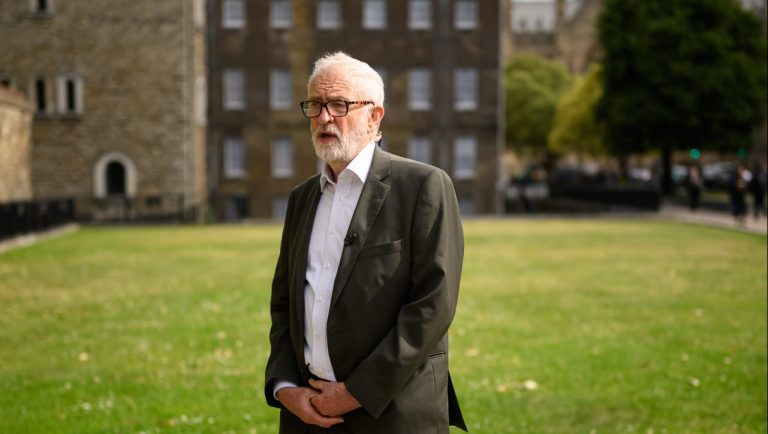

Why is Corbyn’s party so posh?
Against a backdrop of screens showing a black and white montage of Corbyn’s political highlights, organisers rushed to regain control of the room. But the damage was done.
Reactions to the outburst were clearly split between the almost cultish faction of Corbynistas and those irritated by the lack of audience participation, who called for the young woman to be allowed to speak.
Corbyn’s own reaction to the disruption may have had a cool veneer, but there was a palpable undercurrent of resentment at being asked once again to declare himself an anti-Zionist. He evaded answering the question, or any of the other questions put to the panel that evening. And the so-called disruptor was forcefully encouraged to leave.
If Your Party was meant to prove that Corbynism could evolve into an exciting, member-driven democratic project, this night suggested the opposite, a movement still wary of losing control. And helmed – at least in part – by a leader who refuses to free himself from the old guard.
Just a few weeks earlier, the Brixton rally held by Corbyn’s supposed co-leader of Your Party had a different feel entirely. While Corbyn’s camp managed to gather an estimated crowd of around 200, Zarah Sultana’s sold-out event garnered over 1000 supporters, and she had to book an additional venue to deal with the overflow of attendees.
On arrival, people were split into small groups and discussed how they wanted to shape Your Party. After that, speakers took to the stage, giving talks that were timely, succinct and most importantly, engaging. Some were so taken by what was said that they migrated to the secondary venue to hear the speeches a second time.
The difference in energy on the day cannot be divorced from the fact that it wasn’t coordinated by Corbyn’s cronies, apparently concerned that the party should have a broad appeal.
The attendees in Brixton felt more reflective of the diverse nature of Britain and the left. They were back, white, Asian, young and old, disabled, queer and felt free enough to sing, cheer and chant with abandon. The air in the nightclub felt thick with joy and the possibility of change.
Corbyn’s project once owned that sense of joy and youthful exuberance. But with the split in leadership styles between Corbyn and Sultana becoming more apparent by the day, his side of the movement feels cautious, almost clerical. And no one has taken advantage of that fact more than the charismatic Polanski.
Since being elected leader in September, the Greens have seen their membership figures almost double. And their rising success isn’t only organisational, it’s cultural. Polanski’s quick-witted responses in interviews and his ability to call out his adversaries with a smile have garnered him the level of political cult icon status not seen since Corbyn’s “youthquake” in 2017.
What the Greens understand, and what the Corbyn faction of Your Party has seemingly forgotten, is that politics is about belonging. Through Polanski, the Greens now speak the language of participation that once defined Corbynism.
Suggested Reading
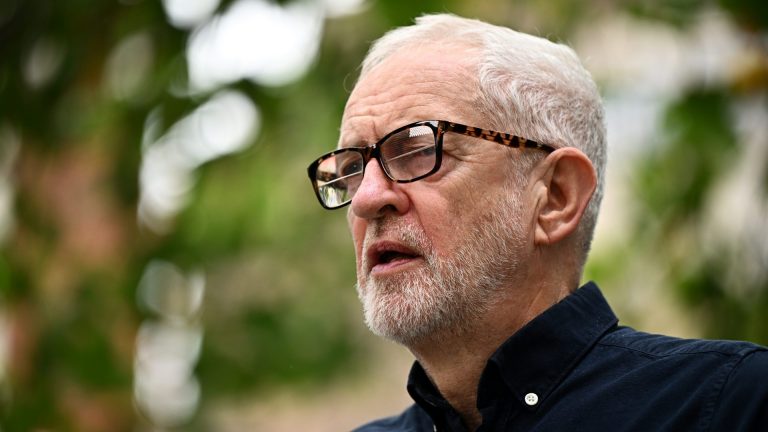

Corbyn’s new party will put Farage in No 10
In 2017, Corbyn’s rallies felt like festivals. Students printed their own banners and grime artists played the after-parties. Eight years on, that energy has curdled into ritual. The same activists who once marched through the streets now guard the stage. The same songs are played, but no one dances.
Instead of wavering, Polanski calmly insists that women can have a penis and that he is an anti-Zionist Jew. It is what some of those who feel themselves most marginalised on the left want to hear.
While Corbyn and Sultana scramble to find common ground between their opposing vision for their party, the Greens are out in the streets, loud, imperfect, growing. They have captured not just Corbyn’s former supporters but his old story, that politics can still belong to ordinary people if it feels like theirs.
If Your Party wants to lead Britain’s left, it will need more than memory. It will need to steal back the energy that once defined it, before the Greens make it their own.
Jaydee Seaforth is an investigative journalist whose work has appeared in Byline Times

